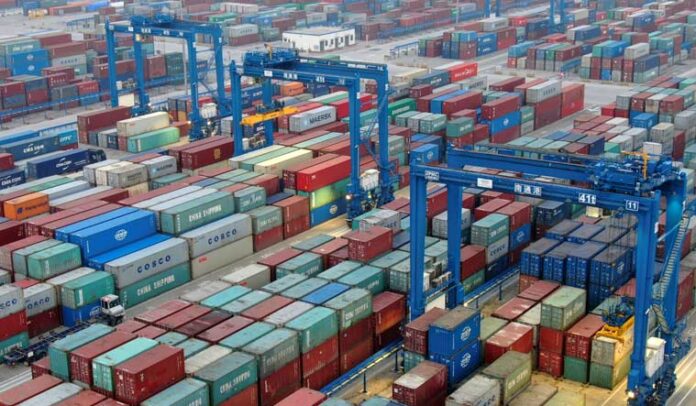ISLAMABAD: As the government, through tariff rationalization, has already removed various duties on 164 items, it also intends to remove customs duties on another 152 items in order to facilitate ‘made in Pakistan’ products.
After the removal of additional customs duty and regulatory duty on 164 items related to the textile sector, not manufactured in Pakistan, the Tariff Policy Board (TPB) has initiated work on more items/tariff lines for removal of import duties.
According to commerce ministry officials, during a meeting of TPB on Thursday, which was chaired by Advisor to Prime Minister on Commerce and Investment Abdul Razak Dawood, it was approved that TPB would further work on removal of additional customs duty on 152 tariff lines.
The meeting was attended by commerce secretary, the National Tariff Commission chairperson, Federal Board of Revenue member (customs operations), industries & production additional secretary and Board of Investment director.
The adviser reiterated the importance given by the government to the ‘Make in Pakistan’ initiative, saying that in order to achieve this goal, import duties on 1,623 tariff lines pertaining to basic raw material and intermediate goods had been reduced to zero through the Finance Act, 2020.
In continuation of this policy, he informed, additional customs duties and regulatory duties on 164 items related to the textile sector, not manufactured in Pakistan, had also been recently removed by the federal cabinet.
During the meeting, the TPB members discussed different proposals for removal of additional customs duties on remaining raw materials, not manufactured in Pakistan.
The members opined that there was an urgent need to remove anomalies in the tariff structure so that the cost of doing business could be reduced through the provision of cheap raw material to the industrial sector. This would also help improve competitiveness of the country’s exports, they added.
The NTC chairperson briefed the members on progress made so far in conducting the study of the plastic sector.
The adviser stressed that sectoral studies should to be completed within the given timeline so that tariffs rationalizations could be done in such sectors by taking into account the recommendations of the studies.
At the end of the meeting, Dawood remarked that in pursuance of the objectives of National Tariff Policy 2019-24, meetings of the TPB were being held on a regular basis. Prior to this policy, proposals regarding tariff rationalizations were mostly discussed at the time of budget exercise, he noted.
“As per the vision of the prime minister, tariffs are being used as instruments of trade policy so that the manufacturing sector in Pakistan could be strengthened,” he concluded.




